A lot of time and effort goes into branching out to international markets. From understanding an entirely new audience and their pain-points, to ensuring you are communicating with them in the optimum language and format, launching your products abroad requires a lot of investment.
Unfortunately, there are many examples of businesses who have tried to take a short-cut and suffered the consequences. Jublo, who are experts in business translation, have collated some of the most disastrous examples from some well-known brands.
1. Amazon’s Russian toddlers
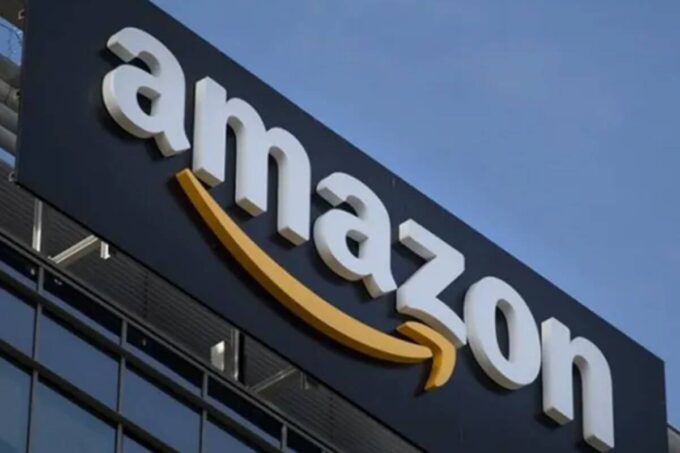
One of the most recent examples found were from the online market giant Amazon. When they launched in Sweden, they hit the headlines; but not in the way they had hoped.
They had failed in their translation efforts, which meant that the following were included in their product copy:
- Rooster – translated to male genitals
- Nintendo Switch games – were detailed as being suitable for the ‘Nintendo Circuit Breaker’
- Frying pan – was listed as ‘for women’
- Second world-war Russian infantry figurines – were referred to as Russian toddlers
- Cat t-shirt products – included a vulgar term for ‘vagina’
To make matters worse, they even confused the Swedish flag for the Argentinian one.
2. Pepsi Zombies
When Pepsi entered the Chinese market with their new slogan ‘Pepsi brings you back to life’ confusion quickly followed. It transpired that the poorly translated slogan actually read as ‘Pepsi brings your ancestors back from the grave’ in Chinese.
This was particularly problematic given how important ancestry is in Chinese culture.
3. General Electric Top Trumps
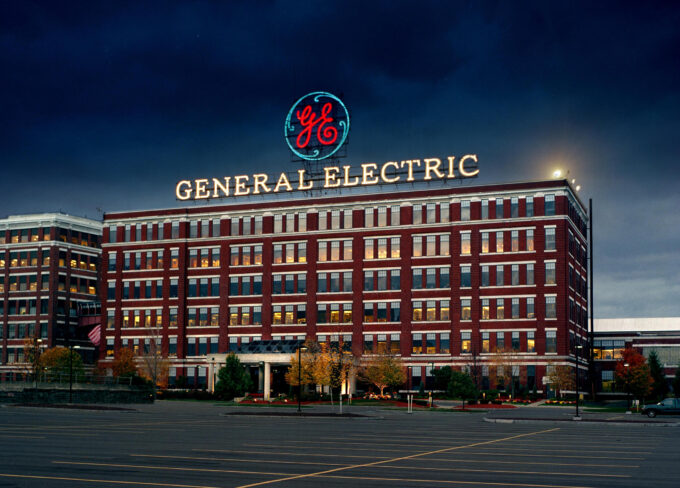
When the General Electric brand chose Europe for the launch of their new partnership, they initially wanted to utilise the acronym ‘CPT’. However, they realised, a little too late, that the pronunciation of that term in French was ‘J’ai pété, which directly translates to ‘I farted.’
4. Schweppes’ Gin & Toilet water
Schweppes is already world-famous, yet even they fell victim to mistranslation. Their ‘Gin and Tonic’ was unfortunately translated to ‘Gin and Toilet Water’ in Italian.
For a country famous for its delicious food and beverages, this was a hilarious and embarrassing faux pas.
5. RIP Mercedes-Benz
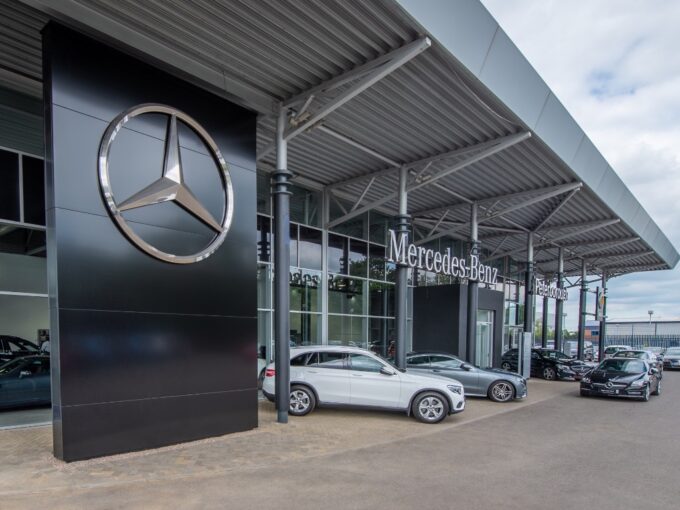
Similar to Pepsi, Mercedes-Benz struggled with translation when entering the Chinese markets in 2009. The first translation of their brand name was ‘Bensi’, which unfortunately directly translated to ‘rush to die’.
Eager to avoid having their cars associated with death, Mercedes changed their name to ‘Benchi’, which translates as ‘to run quickly as if flying’. A much better choice for them and their prospective customers.
6. Kentucky Fried Fingers
Renowned in England for its ‘Finger-lickin good’ slogan, the brand realised a little too late that there is not a direct translation for this in Chinese; the market they were trying to break into. The slogan they actually launched was ‘Eat Your Fingers,’ which is a far cry from the delicious-sounding logo we all know and love.
7. Clairol’s Smelly Stick

When Clairol, an American-based hair-care company, released their new curling iron called ‘Mist Stick’ they missed a step when taking the product to Germany.
The direct translation of ‘mist’ in German is a slang term for ‘manure,’ which was certainly not the impression they were hoping to make with their beauty product.
8. Trouble for Telecom Company Orange
Orange launched in 1994 with the tagline ‘The future’s bright…the future’s Orange.’ However, this innocent slogan became quite a controversy in Northern Ireland, so much so that Orange had to alter their strategy in this market entirely.
The tagline was considered to be ignorant of the cultural implications within Northern Ireland. The term ‘Orange’ was associated with the Orange Order, which symbolised the Protestant union. The Troubles were ongoing in 1993, so the slogan ‘The future’s bright…the future’s Protestant’ wasn’t popular within the Catholic Irish community.
9. Ford’s Corpses
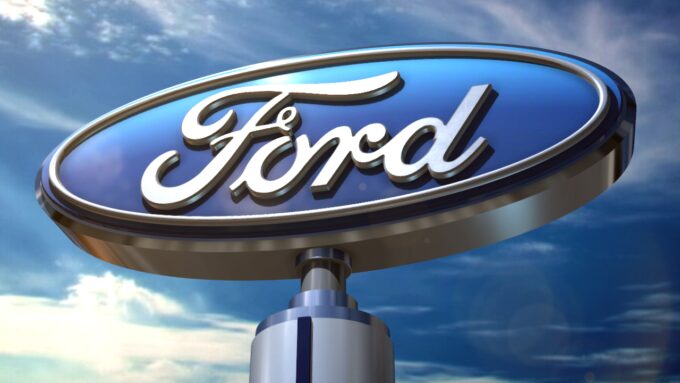
When the car company Ford launched a campaign that included the phrase ‘Every car has a high-quality body’, the brand ran into problems with the Belgian translation. Instead of the intended phrase, it translated to ‘Every car has a high-quality corpse,’ which isn’t the type of freebie you are looking for when in the market for a new car.
10. HSBC Do Nothing
Even one of the most successful wealth management companies isn’t immune to translation woes. After their catchphrase ‘Assume nothing’ was mistranslated across numerous markets to ‘Do nothing’, HSBC had to invest in a rebranding strategy to the tune of $10M. Needless to say, this isn’t the type of PR you want when your business offering involves money management.
Translation Advice
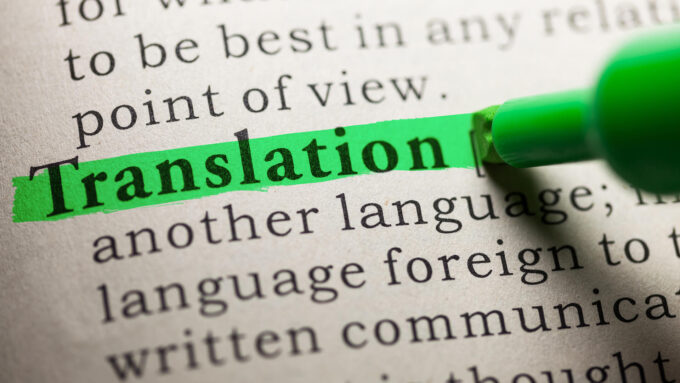
The simplest, and possibly best advice, is not to rely on direct translations. Not only do you run the risk of incidents like these creating the wrong type of PR, but you also stand a good chance of alienating a huge chunk of your target market. Just because a phrase is popular in one country doesn’t mean it will be in another. You must carry out sufficient audience research if you want to harness as much opportunity as possible in your new market.
Additional advice is to ensure that you understand the culture you are marketing to, which is another reason these brands failed. While Orange’s tagline was publicised in numerous English speaking markets, the semantics of different audiences clearly wasn’t considered. If it had been, the offence caused in Ireland could easily have been avoided.
Poor translations are a negative trust-signal, which is the last thing you want when trying to establish your brand in a fresh market. While it is tempting to rely on machine translation (MR) to get the job done, it leaves you vulnerable to the types of translation errors mentioned above. While machine translation can help speed the process up, it is imperative that you also gain insights from native-speaking translators. They will be able to check through and localise your translations, so that you avoid falling victim to embarrassing faux pas.









